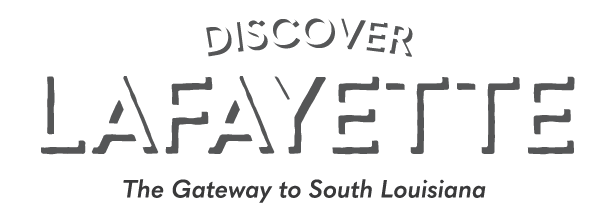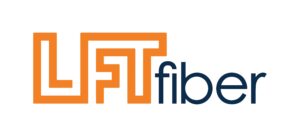Podcast: Play in new window | Download ()
Our guest is Teri Dupuy-Gore, Executive Director of Hub Lafayette Urban Ministries, a Christ-centered outreach serving our neighbors experiencing homelessness, chronic poverty, hunger, and difficult life transitions.
Teri shares how The Hub and its Lovewell Center at 1515 W. University Avenue in Lafayette, create a place to be present in our community and love people right where they are, offering not only practical resources but dignity, relationship, and restored hope.
The Lovewell Center: Eat Well, Dress Well, Style Well, Smell Well
Teri explains that Hub Lafayette Urban Ministries “actually unifies two separate ministries,” and that this conversation focuses on The Lovewell Center at 1515 W. University
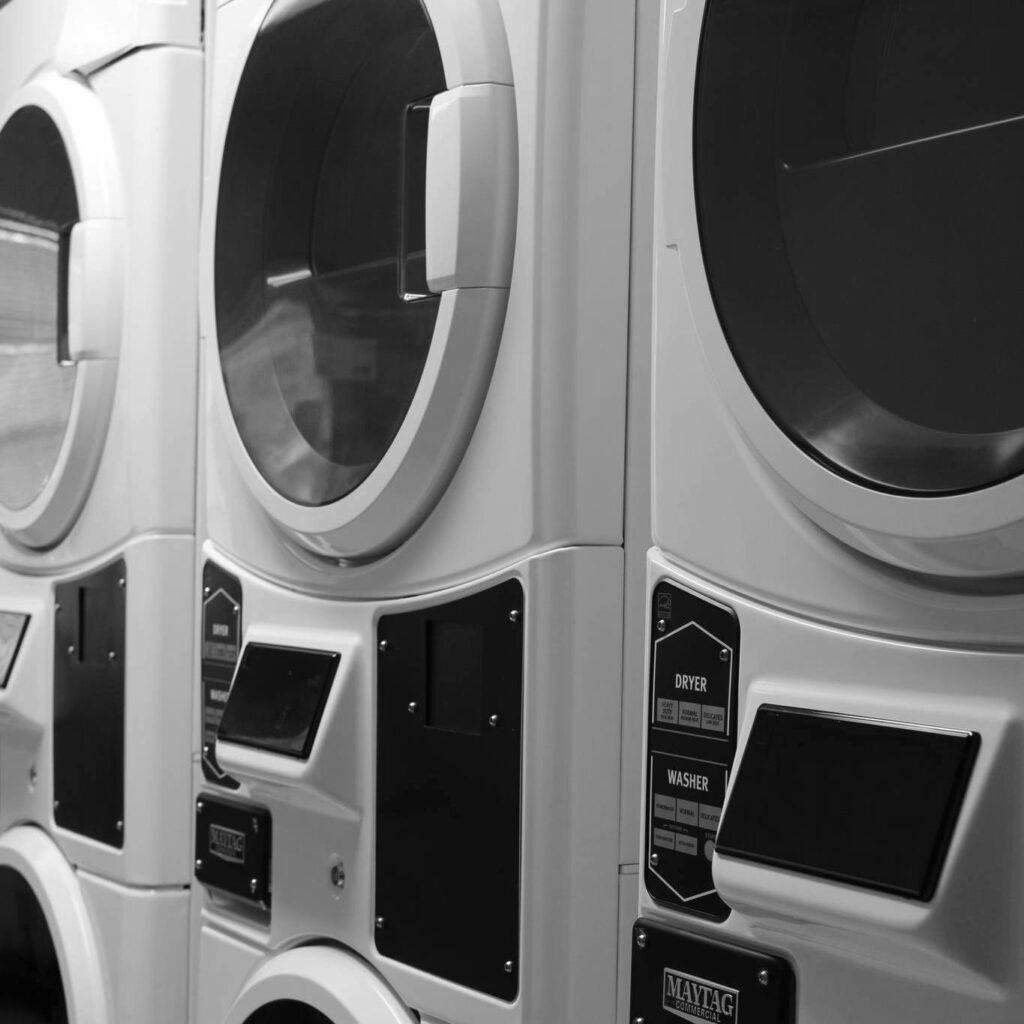
Within the Lovewell, members access four resource “stores”:
- Eat Well – “kind of like a Walmart where you can get toothpaste, toilet paper, nonperishable canned goods, things of that nature… like a mini Walmart.”
- Dress Well – gently-used men’s and women’s clothing: “belts, shoes, pants, coats… new socks and new underwear… gently used backpacks.”
- Style Well – “where you get your hair cut by a licensed beautician or barber.”
- Smell Well – “our six stackable commercial washers and dryers so you can wash your clothes.”
All of these resources are available to members of the Lovewell Center.
Membership & the Points System: “A hand up, not a hand out”
Becoming a member is intentionally simple: “To be a member, you simply have to walk in and say, hey, I want to be a member. There’s no criteria.”
When someone joins, the team takes basic information: name, phone number (if they have one), address (or notes if they’re living on the streets), and next of kin — “because we want to become your family… we want to be your family anyway.” New members “automatically get 20 points for just joining us.”
The Lovewell uses a points system instead of cash so people can actively participate in their own progress: “You earn points by taking classes because we believe in healing and helping yourself… or you’d bring us your check stub from a job that you have now.”
Teri explains that this model is particularly powerful “for people who are struggling in chronic poverty, because we can help you offset the cost of everyday life without using money, but using points… you get to make decisions.” Members can choose to “earn points and store them up, or earn points and spend them,” and that freedom is central to their approach:
“We instill dignity and value in you… it’s a beautiful, beautiful opportunity for us to be able to be present in our community and love people right where they are.”
Classes that Heal Broken Relationships
At the heart of Lovewell are the classes that help people earn points and, more importantly, work toward inner healing:
“Our classes are geared around broken relationships that we feel everyone has or will have — a broken relationship with God, a broken relationship with yourself, a broken relationship with others, or a broken relationship with creation. So our classes are all geared around healing in those areas.”
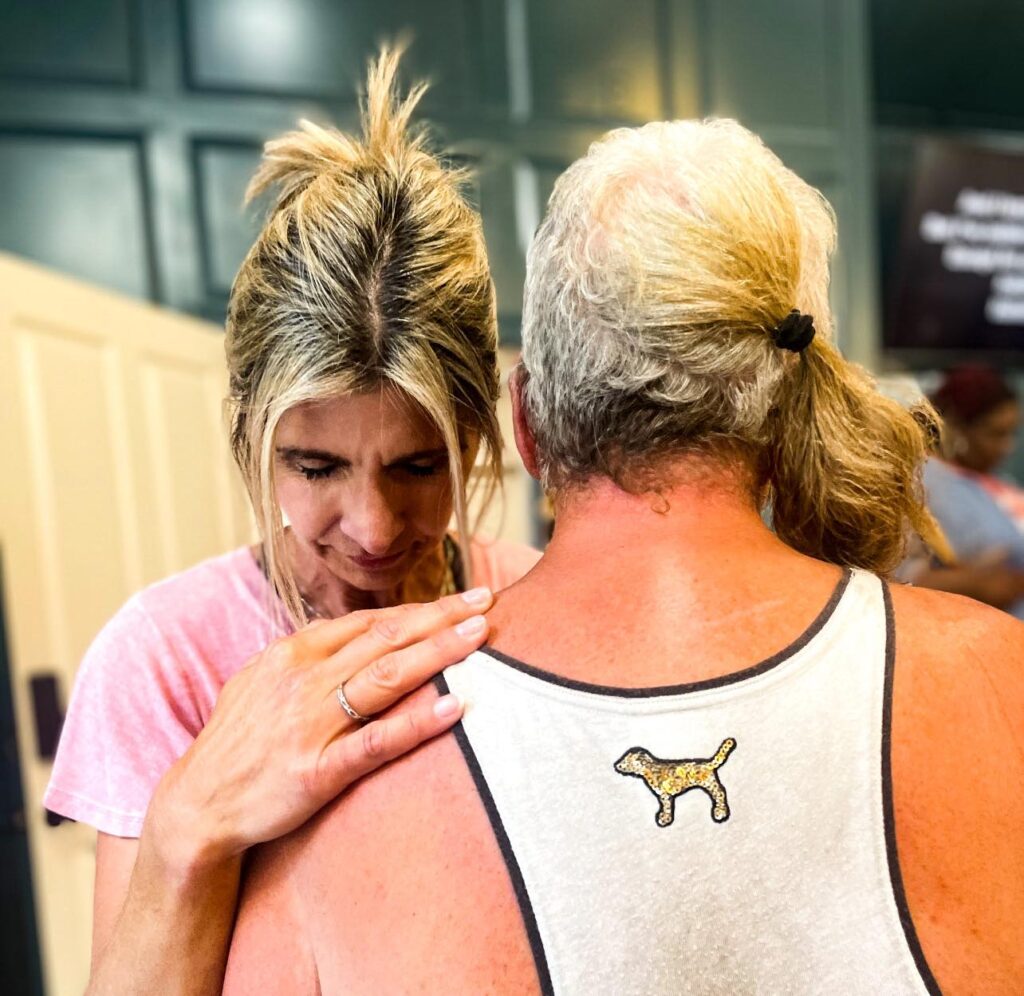
Classes typically run for eight weeks and meet for one hour, once a week. Facilitators are often people who have personally wrestled with the same issues they’re teaching about:
“I may overcome something and say, I would love to teach this class… using the experiences that I have and the healing that I’ve received… and share that with others. Giving them hope.”
Communication classes are a key example: “For some of our members… it’s very natural to have a confrontational conversation. It’s not natural to scale that down to where it is speaking truth with grace. It’s usually just truth in your face.”
The goal is to help everyone “have a voice and be heard” in “a polite and generous way.” Teri calls these classes “really the heart of the Lovewell Center” and “the heart of the mission of The Hub.”
She sums up their mission this way: “Our mission statement is, “We’re on a mission to offer everyone in our city access to restored life. And we believe in what we call the four R’s: Rescue, Relationships, Resources and Recovery.”
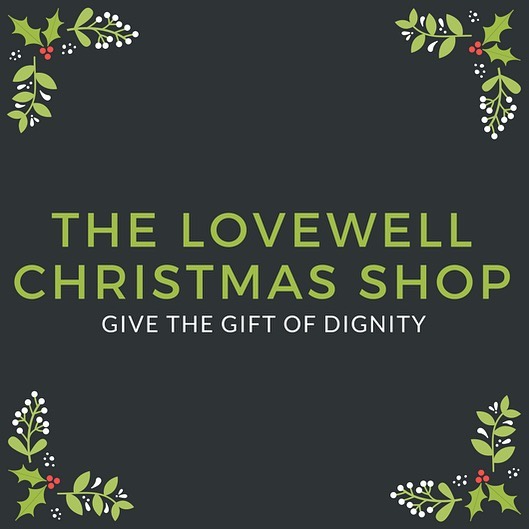
Community Meals & Daily Presence
The Lovewell Center is open Monday, Tuesday, and Wednesday from 12:30 p.m. to 4:30 p.m., with the yard open from 9:00 a.m. to 4:35 p.m.
For neighbors experiencing homelessness, it’s a safe place simply to belong: “If our friends experiencing homelessness need a place to go, they come and hang out with us, because they are wanted and belong.”
Every Tuesday night a community meal is offerred “Every Tuesday night we have community meal, which means we all get together and eat dinner together. Anyone in the community is invited… We start at 6:00 and we’re usually finished by 7:15–7:30 p.m.”
From 6:00–6:25 p.m., there are large-group activities — bingo, class time, or worship — and if you participate in those events as big group events, you earn ten points for that.”
Teri shares that on Tuesday nights they see 125–150 people, and during the day they have “90 to 100 people every day” coming through for services, community, and support.
Philosophy: “A hand up, not a hand out”
Teri is deeply intentional about not harming the people they serve: “The core of the program is about empowering people through relationships to see themselves the way Christ sees them and to empower them to be all that God has called them to be.”
She speaks candidly about common pitfalls in helping: “In a world of ministry where we all feel called to give, at some point giving hurts. We then take from the person and we steal their dignity and their value because we want to do for them what they can do for themselves.” That’s why she describes The Hub’s posture as, “We are a hand up, not a hand out. We are not there to be sympathetic, we are there to be empathetic. We want to sit in it with you and encourage you and remind you that you’re not alone.”
How You Can Help
Hub Lafayette Urban Ministries is 100% funded by donations by individuals, churches, grants, and in-kind gifts. Teri says: “Money is always welcome. It keeps the lights on. It keeps the coffee in the pots. It allows us to keep food on the shelves.”
They also always need physical donations, especially:
- Canned soups and “top-protein” items
- Easy-open foods like beanie-weenies, tuna, pocket snacks
- Toilet paper and full-size toothpaste
- New men’s and women’s underwear (“men’s underwear… tagless colored brief boxers or they don’t leave the shelf”)
Meals for Tuesday night community dinners and Wednesday morning breakfasts are donated and served by volunteers, including local partners and cooks like Kent Zerangue, who prepares “the most fabulous meal ever from homemade ice cream… and shrimp stew.”
Teri emphasizes that everyone can do something: “Not everyone has the capacity to donate money. Not everyone has the capacity to donate their time… But everyone has the capacity to pray. Everyone has the capacity to pass on the word.”

For more information on donating, volunteering, providing meals, or inviting Teri to speak, listeners can visit Hub Lafayette Urban Ministries at https://www.hublafayette.org/or connect via Facebook at https://www.facebook.com/thehuburbanministrieslafayette or their Instagram page at https://www.instagram.com/thehublafayette/?hl=en
